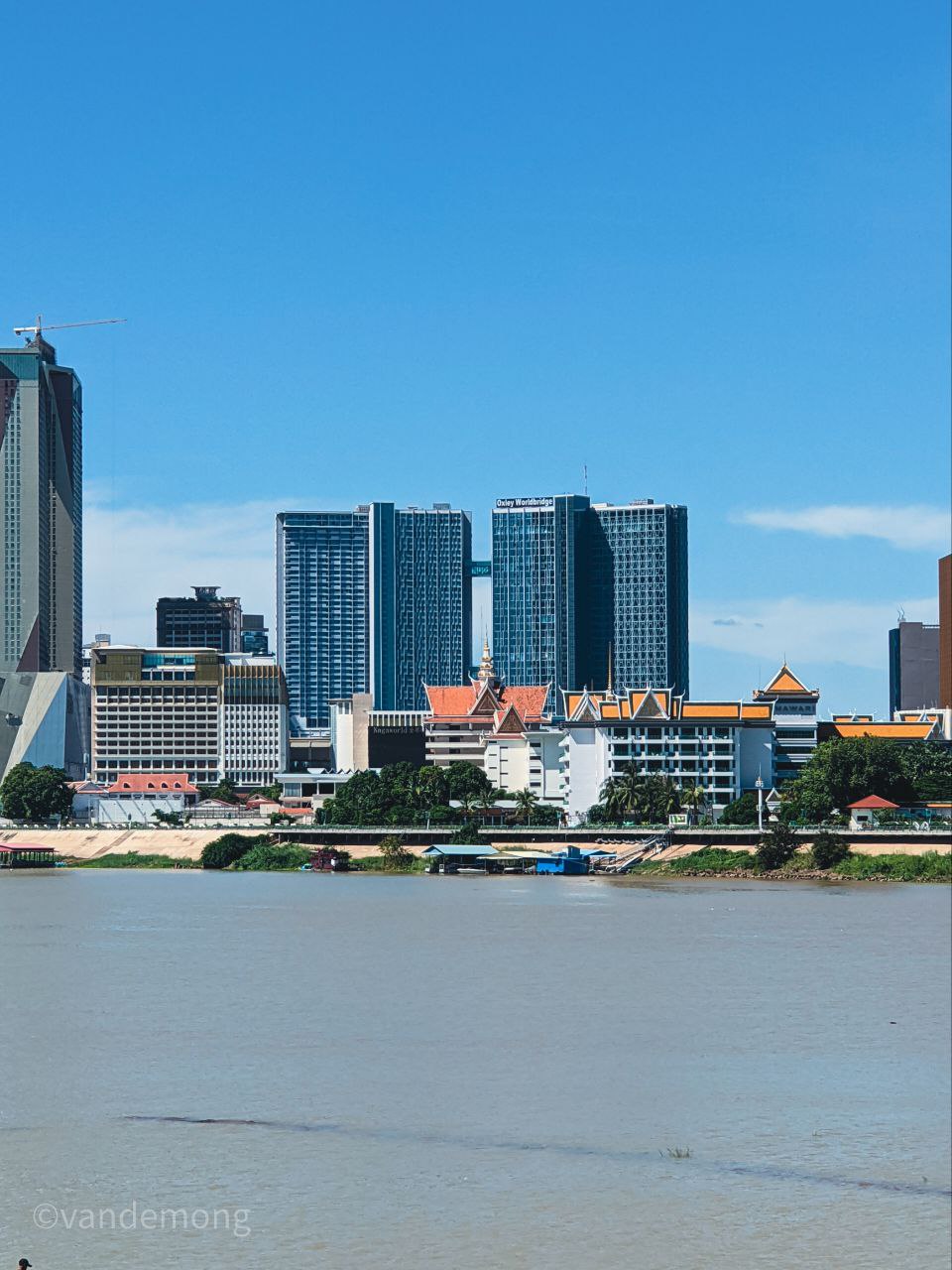
19 Aug Anti-Surveillance Tips
Anti-surveillance is essentially a set of measures that a member of the public can undertake in order to not be watched. Needless to say, there are numerous counterintelligence organisations which are utilised and formed by countries to make sure that there are no enemies or even allies keeping a sharp eye on them. If not fully, at least attempting to minimize such endeavours. In a world where our lives are being constantly shifted towards digitalising our communications, and hiding secret documents in sneaky little safes is becoming not only a rarity but may even be seen as careless- anti-surveillance measures are a must. Without even knowing it, our laptops and cellphones are already equipped with security features which stop malware from stealing our private information. To understand anti-surveillance, we have to have a quick look at what surveillance is: is it simply a synonym for watching someone? No, the word carries much more weight. Surveillance implies that the “watching” is done over an extended period of time, and more importantly that there is a goal to the monitoring. Surveillance can be carried out on a person, a place or an object. Let us have a look at the two main types of anti-surveillance that are typically used:
1) Structural countermeasures: You do not want to be heard or seen, right? Well, your first bet would be to get yourself into a room! Yes, but depending on who may be listening to you, this might not be sufficient. As early as 1947, the USSR developed a infrared listening device which was able to detect sound vibrations on windows, allowing the conversation to be heard. Impressive for the 40s, ineed, but in 2009 a patent was issued in the USA for a device that uses a laser to draw out sounds from vibrations in a room by monitoring smoke or vapour within it’s sight. So, windows can be a weak link if you want to stay top secret. Now, in the room, what could you add or remove to make it less likely that you are being monitored? Besides having a strong lock, which would prevent a spy from entering and installing devices, one should:
a) Have minimal electronic equipment. Listening devices are easily hidden in electronics- or, as a quick search on Amazon.com will reveal, electronics are very often used as covert devices themselves.
b) Have minimal furniture- similarly to the above point, the more furniture=more hiding places for bugs.
c) Conduct regular inspections of the room.
2)Human countermeasures: You have something to hide, or someone else at least thinks you do. Being in this situation can of course be unsettling- and the idea that you may never have known that someone had been conducting surveillance on you might make the hairs on the the back of your neck stand up. Being followed raises questions: Why? Who?
Human lead surveillance has an advantage above other types: Innovation. With electronic devices, there is no on-the-spot problem solving. An Agent can utilise their experience and creativity to handle unexpected obstacles. Surveillance in Cambodia, for example, is different from surveillance being carried out in many Western countries. Road rules are not always adhered to, vehicles may not be licensed correctly, motorbikes are especially tricky to follow as going over pavements or going against the flow of oncoming traffic is the norm.
So, what are some measures that you can take to avoid being monitored, or to at least make it a less likely occurrence?
a) Conceal your identity: Unless you are living in fear of being found, your name is going to be somewhere. LinkedIn, social media accounts, an old newspaper article from ten years ago mentioning you being involved with some community clean up day, the possibilities are endless. Furthermore, your name may be on publicly available lists: voters roll, business registration etc. A way to minimize the ease of access to your persona details, one may use alternative names or even changing the spelling slightly. Do not use email addresses that include your full name, ever.
b) Getting lost in the crowd: Leave without anyone seeing you, or at least make it difficult for the person monitoring you. If you are at a restaurant, never pay for bill openly. En route to the bathroom, pay for it out of sight, this way the person watching you will not have a heads up as to when you will be leaving exactly. If this is not possible, join the crowd. A busy place with multiple exits makes surveillance difficult, especially if all parties are on foot. An almost fool proof method of losing someone conducting surveillance is entering a shopping mall. There are many exits, and even the process of parking one’s vehicle can throw off an experienced Agent.
c) Being situation aware: It goes without saying, keep an eye out, look over your shoulder. If you are consciously aware of any threat, you will notice it eventually. Eye contact or a affirmative nod to a potential onlooker will most likely conclude any further surveillance in the immediate future.
Anti-surveillance is not to be confused with counter surveillance, which is primarily aimed at identifying who has placed an individual under surveillance. Anti-surveillance aims at identifying sources of unwanted attention from anyone or group. Catching sight of any hostile parties disrupts their potential goal reach: To know your movements, habits and/or associates.
For more information about Lead Investigations Cambodia, please contact us.

